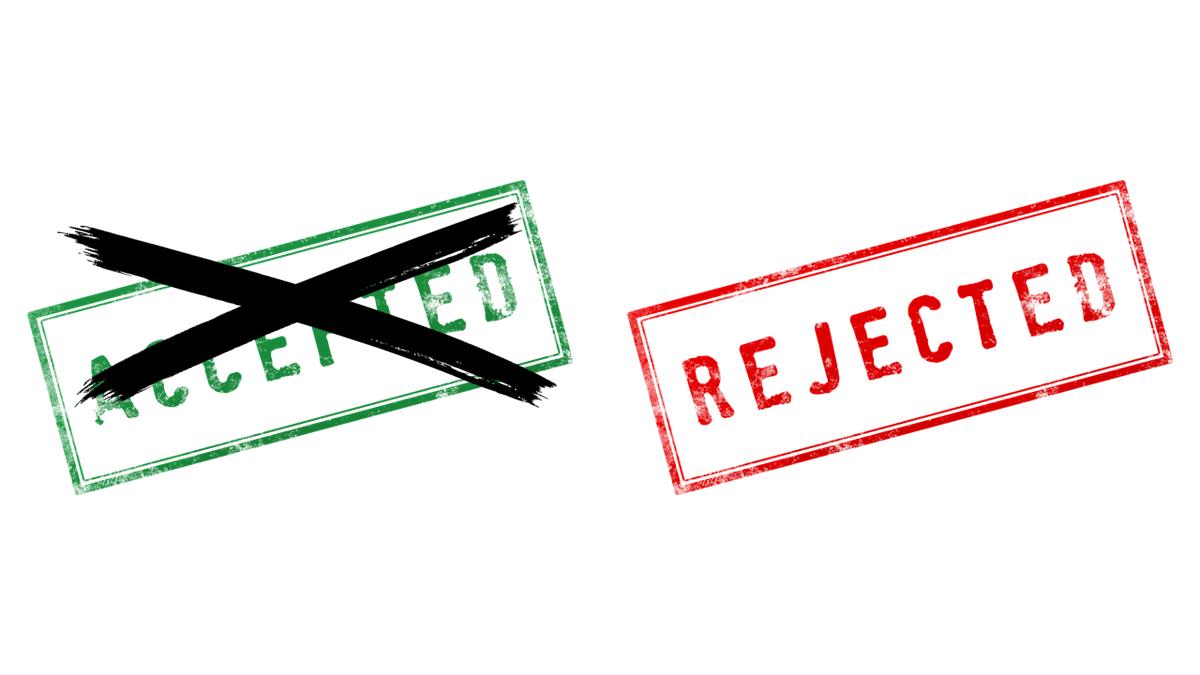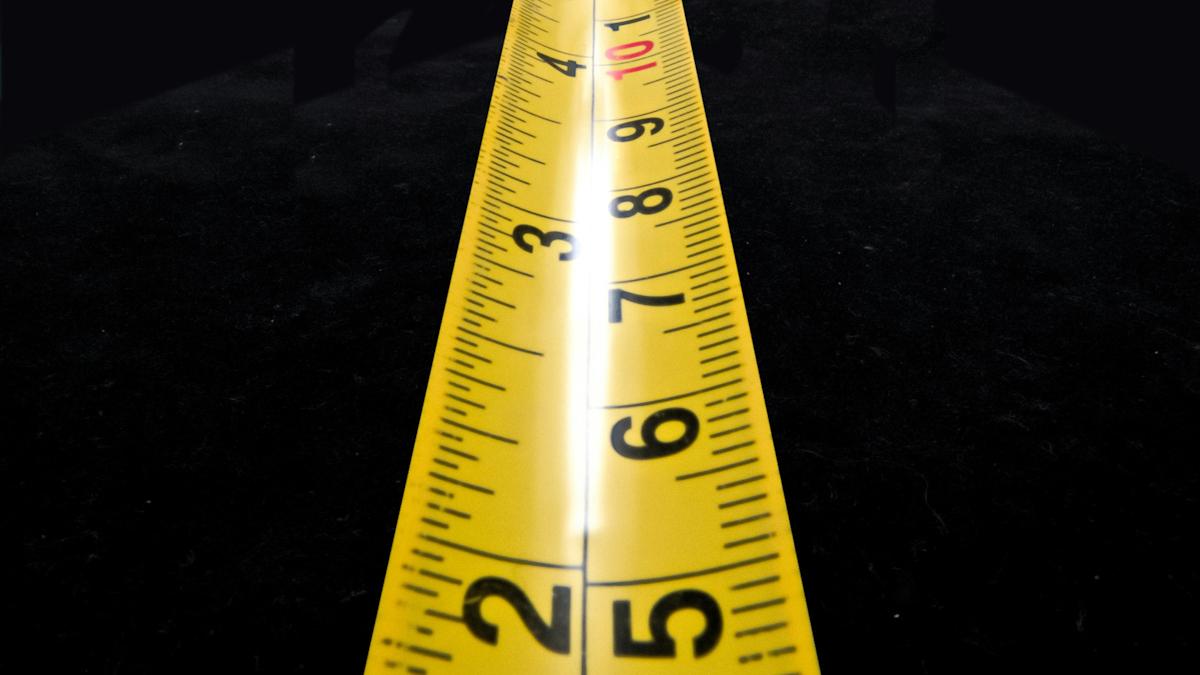Manufacturing issues scupper Savara's lead drug filing

The FDA has refused to accept a filing from Savara for Molbreevi, a drug developed for a rare respiratory disease, and asked for more manufacturing and quality control data.
Molbreevi – a new inhaled formulation of the well-established and off-patent white blood cell stimulator molgramostim – is Philadelphia-based Savara's lead drug and had been filed as a therapy for autoimmune pulmonary alveolar proteinosis (PAP).
In a statement, Savara said that the FDA's refusal to file (RTF) letter indicated that the marketing application submitted in March "was not sufficiently complete to permit substantive review" and asked for additional data related to chemistry, manufacturing, and controls (CMC).
The company stressed that the regulator did not mention any concerns about the safety of Molbreevi and has not requested any additional efficacy studies, suggesting that – at least in theory – the delay may not be long.
Chief executive Matt Pauls said the CMC data is already being put together by the company, and it plans to request a meeting with the FDA in the coming weeks to chart a path forward. The company is also in the process of setting up an alternative manufacturing pathway with an outsourcing partner and is already qualifying drug product made via that route.
"Based on our understanding of the letter, we are confident we can thoroughly address the agency's request and expect to resubmit our [biologics license application] in the fourth quarter of 2025," he added.
Despite that upbeat assessment – and suggestions by the company that it could still be on course for a potential US approval in the middle of 2026 – shares in Savara lost around a third of their value after news of the RTF emerged. The company is also expecting to file Molbreevi in the EU and UK before the end of the year.
There are estimated to be around 3,600 people living in the US with autoimmune PAP, a rare disease caused by autoantibodies to a cytokine called GM-CSF that reduces the ability of the lungs to clear surfactant, a complex liquid that coats the lining of the airways and assists breathing.
The accumulation of surfactant interferes with the movement of oxygen into the blood, resulting in breathing difficulties and respiratory failure, as well as complications like infections. There are no approved drugs in the US and Europe for autoimmune PAP, and the only treatment is an invasive procedure known as whole lung lavage (WLL) which requires hospitalisation and general anaesthesia.
Molgramostim is a recombinant form of the cytokine, delivered using a proprietary nebuliser, which was shown in the IMPALA-2 study to improve the transfer of oxygen from the lungs into the blood compared to placebo over 24 weeks of follow-up, as well as reducing the need for WLL.
Given that WLL is known to be burdensome and anxiety-inducing for patients – and demands an enormous amount of healthcare resources to deliver – analysts have suggested that Molbreevi could be transformative and make hundreds of millions of dollars a year in sales. That assessment is also backed up by FDA orphan, fast-track, and breakthrough designations for the drug.
"We remain highly confident in our program for autoimmune PAP and believe that our clinical data demonstrate that Molbreevi improves pulmonary gas transfer and respiratory health-related quality of life in this rare disease," said Pauls.













